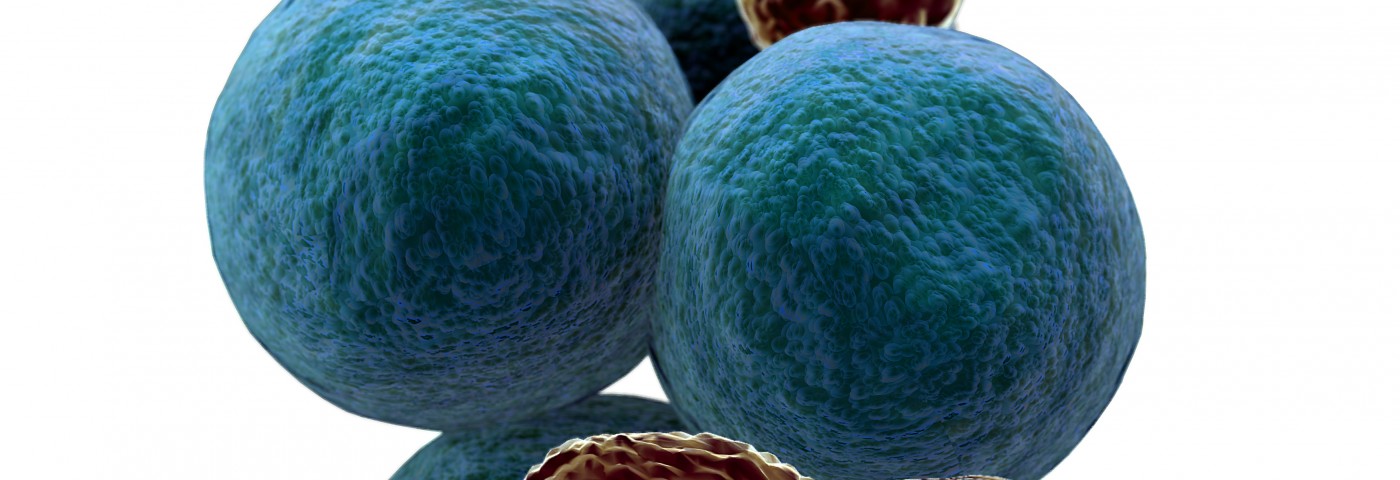University of Rochester Medicine’s Wilmot Cancer Institute is participating in a national clinical trial testing a new immune therapy called CAR (chimeric antigen receptor) T-cell therapy to treat cancer.
The first patient at Wilmot Cancer Institute in upstate New York to receive CAR T-cell therapy is physician Ed Foster, a 64-year-old internist in Elmira, diagnosed with a type of non-Hodgkin’s lymphoma. His treatment began this week.
Foster was previously treated with two rounds of standard chemotherapies for his diffuse large B-cell lymphoma but his cancer proved resistant and he failed to respond to that line of treatment. He’ll be hospitalized during the new treatment to ensure he gets immediate care in case serious side effects occur.
“I’m surrendering myself to the process, and I feel great. I’m very optimistic despite there being some unknowns about this treatment,” Foster said in a press release. “I have not lost a second of sleep over the therapy because, what’s the alternative? The real miracle is that I’m being cared for by the right people, at the right institution, and getting the best therapy possible. I feel like I’m going to the Super Bowl.”
Jonathan W. Friedberg, M.D., M.M.Sc., director of the Wilmot Cancer Institute and Patrick M. Reagan, M.D., a senior instructor, are leading the study at Wilmot. They assembled a team of physicians and nurses at the University of Rochester Medical Center. Each team member received special training, and only Friedberg, Reagan, and the hand-picked team will be assisting and managing Foster’s treatment.
“This clinical trial is the first real big test. The reports from the scientific literature from smaller studies tell us that by successfully engineering a patient’s immune cells, you can destroy cancer cells —and that’s very exciting. It’s no longer just science fiction,” Friedberg said.
“There is a chance this is going to help in a profound way. What’s interesting about the immune system is that sometimes cancers can hide and not be recognized as foreign. CAR T-cell therapy bypasses that problem and directs the immune cells against the tumor specifically,” Reagan said.
CAR T-cell therapy consists of removing a portion of patients’ blood and filtering it, after which a special class of immune cells, the T-cells, are extracted and sent to Kite Pharma. At Kite’s California facility, scientists reprogram patients’ T-cells, using an inactive HIV virus to target and kill lymphoma cancer cells. The procedure is not without risks.
“It’s really important to have an honest and frank discussion with the patient about this process, step-by-step, all possible outcomes, and the reason you think a clinical trial is the best route,” Reagan said.
Foster tried to explain how he felt after his cancer diagnosis. “There’s been a little bit of denial, a little bit of hope, and some detachment. But I’ve come to the realization that I have a lot of people rooting for me,” he said.
“It’s important to make people aware that right here in our backyard there’s cutting-edge research that’s not just in the lab, but is offering people like me a second chance,” Foster said.


